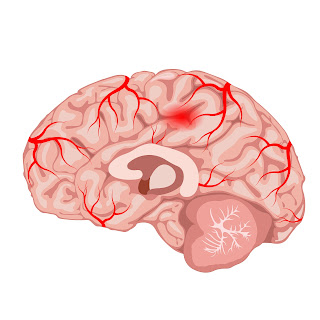Brain Aneurysm: Understanding the Silent Threat
A brain aneurysm is a potentially life-threatening condition where a weak spot in a brain artery bulges, resembling a balloon. If left untreated, it can rupture, leading to a stroke or severe brain damage. Early detection and proper medical care are crucial in preventing complications. Dr. Priyanka, the best neurophysician in Attapur, Hyderabad, shares essential insights on brain aneurysms, their symptoms, causes, and treatment options.
What Causes a Brain Aneurysm?
Several factors contribute to the development of a brain aneurysm, including:
- High Blood Pressure – Increased pressure on artery walls weakens them over time.
- Smoking – Damages blood vessels, increasing the risk of aneurysm formation.
- Genetic Factors – Family history plays a role in susceptibility.
- Head Injury or Trauma – Can weaken blood vessels.
- Atherosclerosis (Plaque Build-up) – Leads to arterial wall damage.
- Infections or Drug Use – Certain infections and drug abuse can increase the risk.
Signs and Symptoms of Brain Aneurysm
Most unruptured brain aneurysms show no symptoms, but larger ones may cause:
- Persistent headaches
- Blurred or double vision
- Pain above or behind the eye
- Speech or concentration difficulties
- Weakness or numbness in the face
If an aneurysm ruptures, it is a medical emergency, and symptoms may include:
- Sudden, severe headache (“thunderclap” headache)
- Nausea or vomiting
- Stiff neck
- Loss of consciousness
- Seizures
Diagnosis and Treatment
Dr. Priyanka specializes in diagnosing and managing brain aneurysms through:
- Imaging Tests – MRI, CT angiography, or cerebral angiogram for accurate detection.
- Medication – Controlling blood pressure and preventing further complications.
- Surgical Options – Clipping or endovascular coiling to prevent rupture.
Preventing Brain Aneurysms
- Maintain Healthy Blood Pressure – Regular check-ups and a balanced diet.
- Quit Smoking & Limit Alcohol – Reduces vascular damage.
- Exercise Regularly – Promotes heart and brain health.
- Manage Stress – Reduces strain on blood vessels.
Conclusion
A brain aneurysm is a serious condition that requires timely medical intervention. If you experience symptoms, consult Dr. Priyanka, the best neurophysician in Attapur, Hyderabad, for expert guidance and care.




Comments
Post a Comment